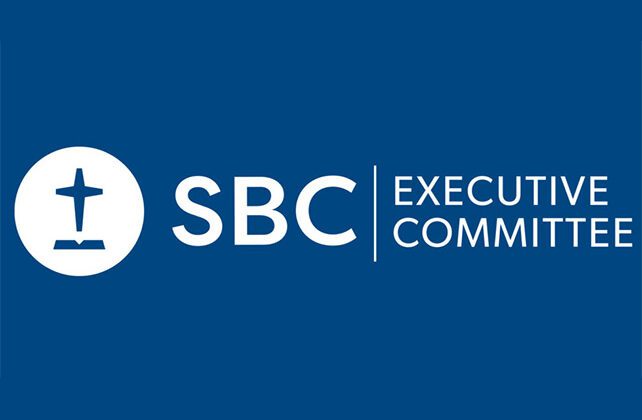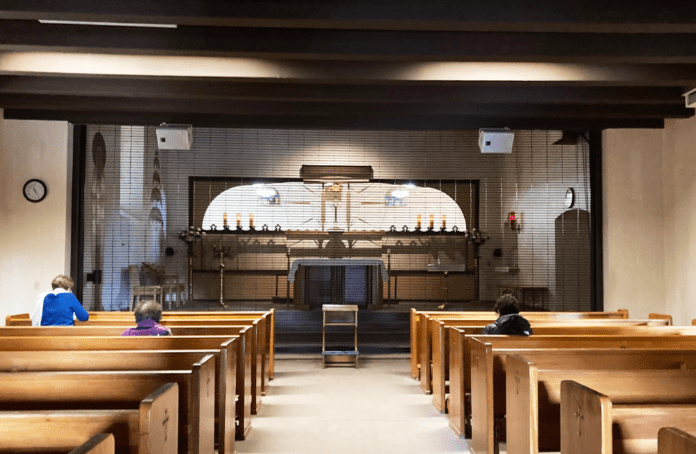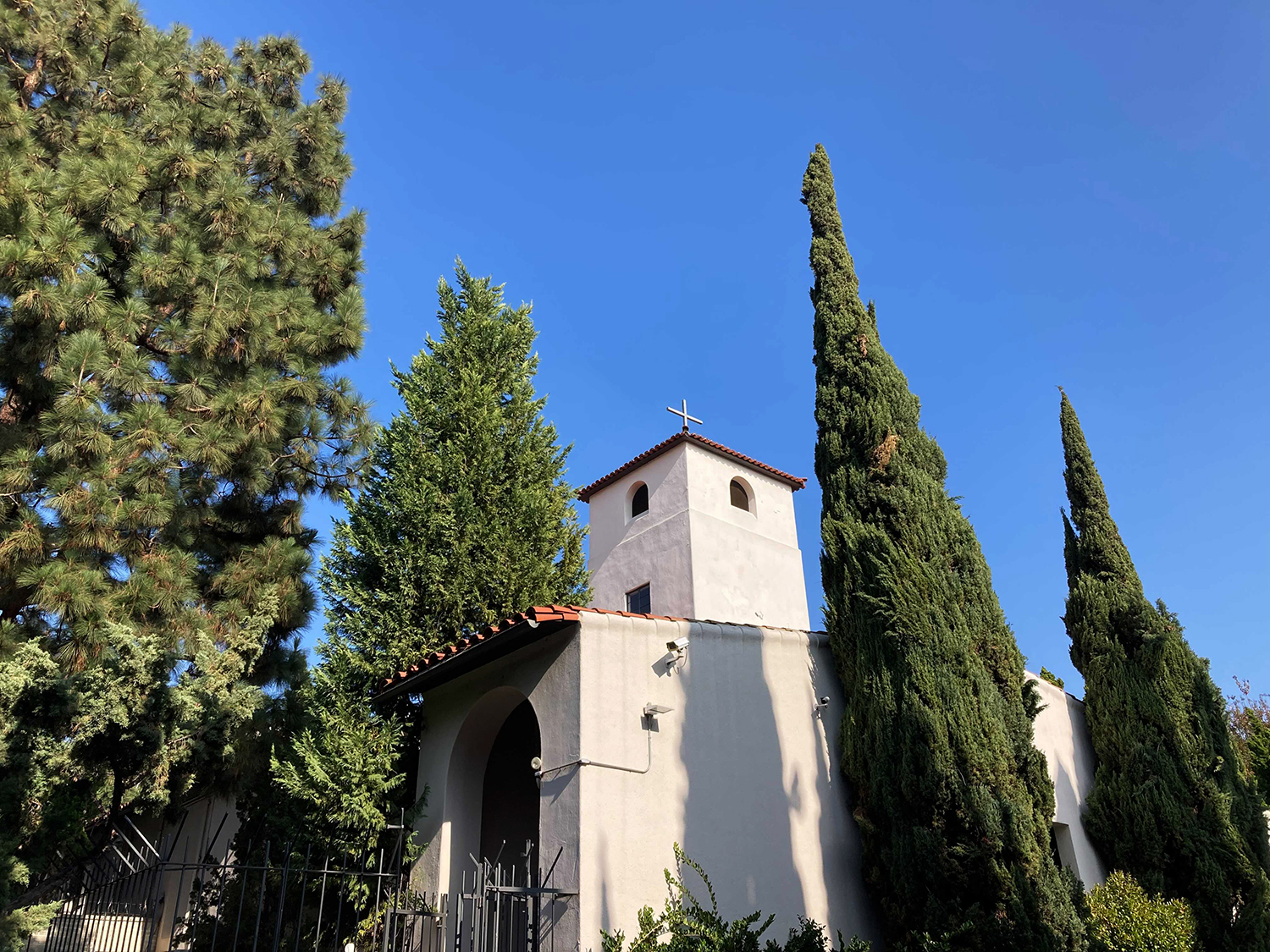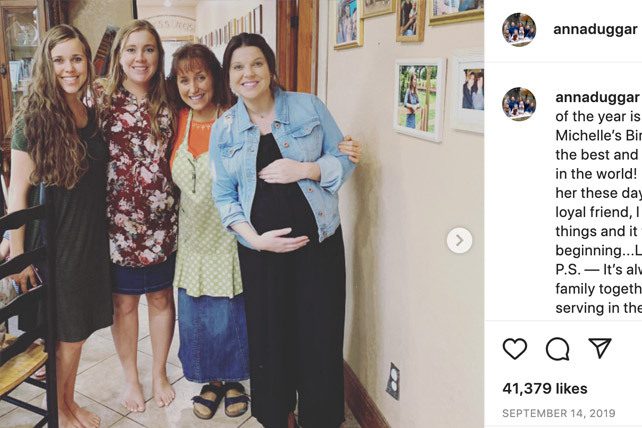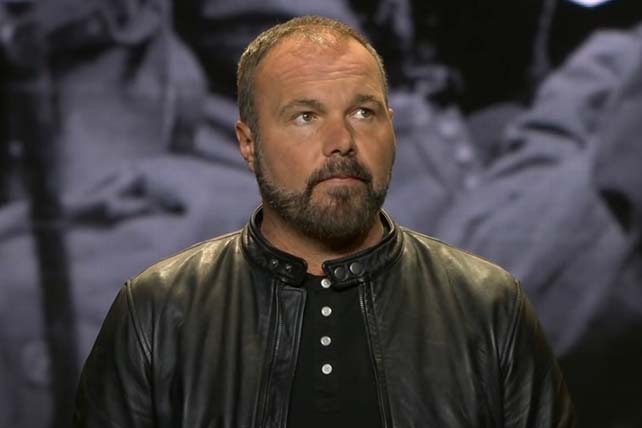Protestant legalism imposes the law of Moses on Christians even though it’s abrogated.
But Peter wisely says: “Now, therefore, why are you putting God to the test by placing a yoke on the neck of the disciples that neither our fathers nor we have been able to bear? ” (Acts 15:11).
Protestant antinomianism denies an ongoing role for the law in the Christian life.
But Paul rightly says: “Honor your father and mother” (this is the first commandment with a promise)” (Eph 6:2).
Between the two extremes, the reformers emphasized the law of nature, perceived in the moral laws of Moses such as the Ten Commandments. That law still guides us to live wisely and well.
But we do not do so under Protestant legalism because Christ is the end of the law; nor do we reject the law because loving God and neighbour as ourselves marks the Christian. Instead, we live under the law of Christ, allowing the law to wisely shape our lives.
The Mosaic Law Is Abrogated
The Civil and Ceremonial components of the Mosaic Law are abrogated. As John Calvin notes, “Therefore, as ceremonies might be abrogated without at all interfering with piety, so, also, when these judicial arrangements are removed, the duties and precepts of charity can still remain perpetual” (Inst. 4.20.15).
The reformers emphasized the ongoing validity of the moral laws within because they correspond to natural law. Yet when it comes to the Mosaic law in general, Scripture is clear: “Christ is the end of the law for righteousness to everyone who believes” (Rom 10:4).
More than that, the first church council declared that gentiles may be saved without observing the laws of Moses. As Peter asks, “Now, therefore, why are you putting God to the test by placing a yoke on the neck of the disciples that neither our fathers nor we have been able to bear?” (Acts 15:10).
Hebrews ties the priesthood to the law of Moses because, presumably, the priesthood maintained the possibility of the entire nation’s relationship to God and his covenant. Hebrews 7:11 and 12 say:
“Now if perfection had been attainable through the Levitical priesthood (for under it the people received the law), what further need would there have been for another priest to arise after the order of Melchizedek, rather than one named after the order of Aaron? For when there is a change in the priesthood, there is necessarily a change in the law as well.” (Heb 7:11–12)
Jesus is the new Melchizedekian priest who therefore brings in a new law. The whole old covenant has been fulfilled or has ended in Christ: “In speaking of a new covenant, he makes the first one obsolete” (Heb 8:13).
Paul makes the point crystal clear in his paradoxical statements about circumcision:
- For neither circumcision counts for anything nor uncircumcision, but keeping the commandments of God. (1 Cor 7:19)
- For in Christ Jesus neither circumcision nor uncircumcision counts for anything, but only faith working through love. (Gal 5:6)
- For neither circumcision counts for anything, nor uncircumcision, but a new creation. (Gal 6:15)
Since circumcision is part of the law (Lev 12:3), it seems entirely odd for Paul to say that circumcision counts for nothing in contrast to “keeping the commandments of God”! Unless we admit that the Mosaic law no longer is in force for Christians because we are under the law of Christ.
For the sake of evangelism, Paul says: “To those outside the law I became as one under the law (though not being myself under the law) that I might win those under the law” (1 Cor 9:20). He claims instead to be “under the law of Christ” (1 Cor 9:21). That law has its fulfillment in love (Gal 5:14).
Ongoing Role of the Law
While the law of Moses has been abrogated, Jesus and the Apostles still read it as authoritative Scripture, and so should we. The entirety of the Old Testament either provides wisdom for life or prophetic texts about Christ. Insofar as the Old Testament republishes natural law, then it also exists as a universal standard of righteousness.
Hence, the moral laws of Moses carry ongoing authority, while the ceremonial and civic laws wisely preserve holiness and charity for Israel in her specific time and place. Insofar as these laws are wise and good, we can learn from them. But we do not sacrifice animals, inspect houses for spots, kill witches, or kill adulterers.
These arrangements for Israel in the ancient world and under the unique and temporary covenant of God with Israel showed blessed wisdom. But Christ came and fulfilled the law by his own person (Matt 5:17 with 2:15, 17, 23; 3:15; 4:4). He fulfills the ceremonies and priesthood; he applies the new covenant to sojourners within nations and not as to one nation itself. Therefore, the ceremonial and civil laws of Moses no longer have force as laws over us. In a sense, even the moral aspects do not have force over as per se; yet because they represent natural law—an expression of God’s eternal law—they have ongoing force in our lives.
Natural law refers to observable laws in nature such as: “do not murder” or “up is not down.” Everyone can by observation see these publicly accessible laws. As Paul notes, “For when Gentiles, who do not have the law, by nature do what the law requires, they are a law to themselves, even though they do not have the law” (Rom 2:14). The conscience as well condemns or excuses on this basis (Rom 2:15–16).
While the conscience exists, we do not have the power to accomplish what we should via the faculty of synderesis (the desire to do good). Paul makes this case in Romans 1:18–32. Yet Paul also calls civil government “God’s servant for your good” (Rom 13:4) and “there is no authority except from God, and those that exist have been instituted by God” (Rom 13:1). For this reason, Christians can speak of civic good. The ability of leaders to adjudicate right from wrong and administer justice on behalf of God.
We might call this civic good or images of virtue as Calvin does, but we can have confidence that God’s providence guides affairs. Through his common grace, we can at least expect the possibility of just administration of civil affairs. The public mechanism for civic change then is natural law.
Such a perspective prevents us from legalism—applying the whole Mosaic law directly to today’s affairs even after Christ. It also stops us from becoming antinomians by seeing no ongoing relevance for the law. The golden mean is to adopt natural law as the reformers did and all Christians before them.
By forgetting that, we have tacitly implied that God did not create the world. But every effect in creation traces back to its Cause, who is God. As the Lord of Order, he has imposed order on the universe. We can see it everywhere if we only look. Due to sin, we misuse this order and even deny its true meaning. But God’s good guidance of history and his application of common grace allow us to see pockets of his order in the world around us.
Conclusion
The fact that we have streets, running water, doctors, judges who administer justice, and much more evince this truth. So we must put away our legalism and our antinomianism. We must agree with Scripture, nature, and most of the reformers. Both legalism and antinomianism must be rejected for the sake of truth.
This article originally appeared here.






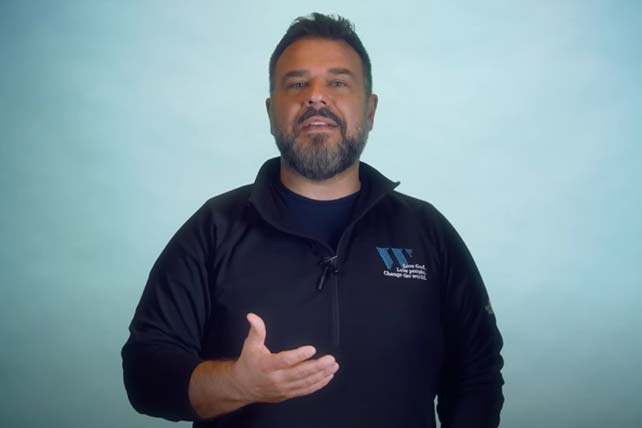


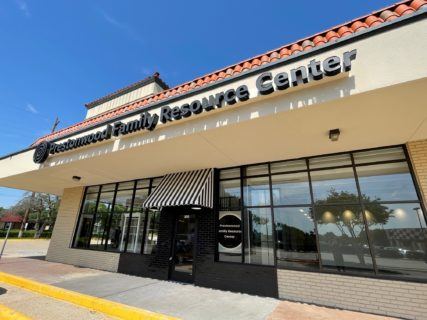 As the U.S. Supreme Court seems primed to return
As the U.S. Supreme Court seems primed to return 